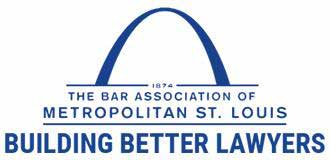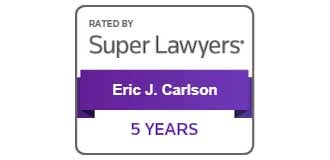Maybe you just secured your dental license and wanted to acquire property to open your own practice. Perhaps you already have a successful dental practice with a large patient roster and would like to expand into a new facility so that you can partner with another dentist.
There are many reasons that you may have recently purchased commercial property with the intention of turning it into the premises for your dental practice. However, you may have since discovered that it would be unsafe to perform medical procedures in the space because there is a significant mold issue that you have to address first. You found hidden mold as you worked on the building, and now you have to stop work to correct this issue first.
Mold could endanger the health of your patients and your employees. Do you simply have to absorb those remediation costs as part of opening your facility if there are signs the previous owner intentionally covered the mold to hide it from you?
Intentionally hiding defects can lead to civil claims
Property owners have an obligation to honestly disclose all of the issues a property has. While it is absolutely reasonable for someone to stage their real estate and make it look attractive, they should still advise potential buyers of issues hidden under those cosmetic upgrades.
If all the seller did was cover the mold with paint, they misrepresented the property’s condition to you and may be liable for the costs that you incurred as a result.
How do you claim compensation for property defects?
The process of getting financial compensation for undisclosed real estate defects could be simple. In some cases, you simply need the right help to file a claim against the insurance of the real estate agent representing the seller.
Other times, you may have to go to court and prove that the other party misrepresented the property’s condition. Mold remediation can cost you thousands just to pay for the process itself and even more in lost productivity, as you may have to significantly delay your business plans while addressing the mold issue.
Understanding the rules that apply to commercial real estate transactions and what may give them grounds for real estate litigation can help those who bought a property without full information about its issues.
















